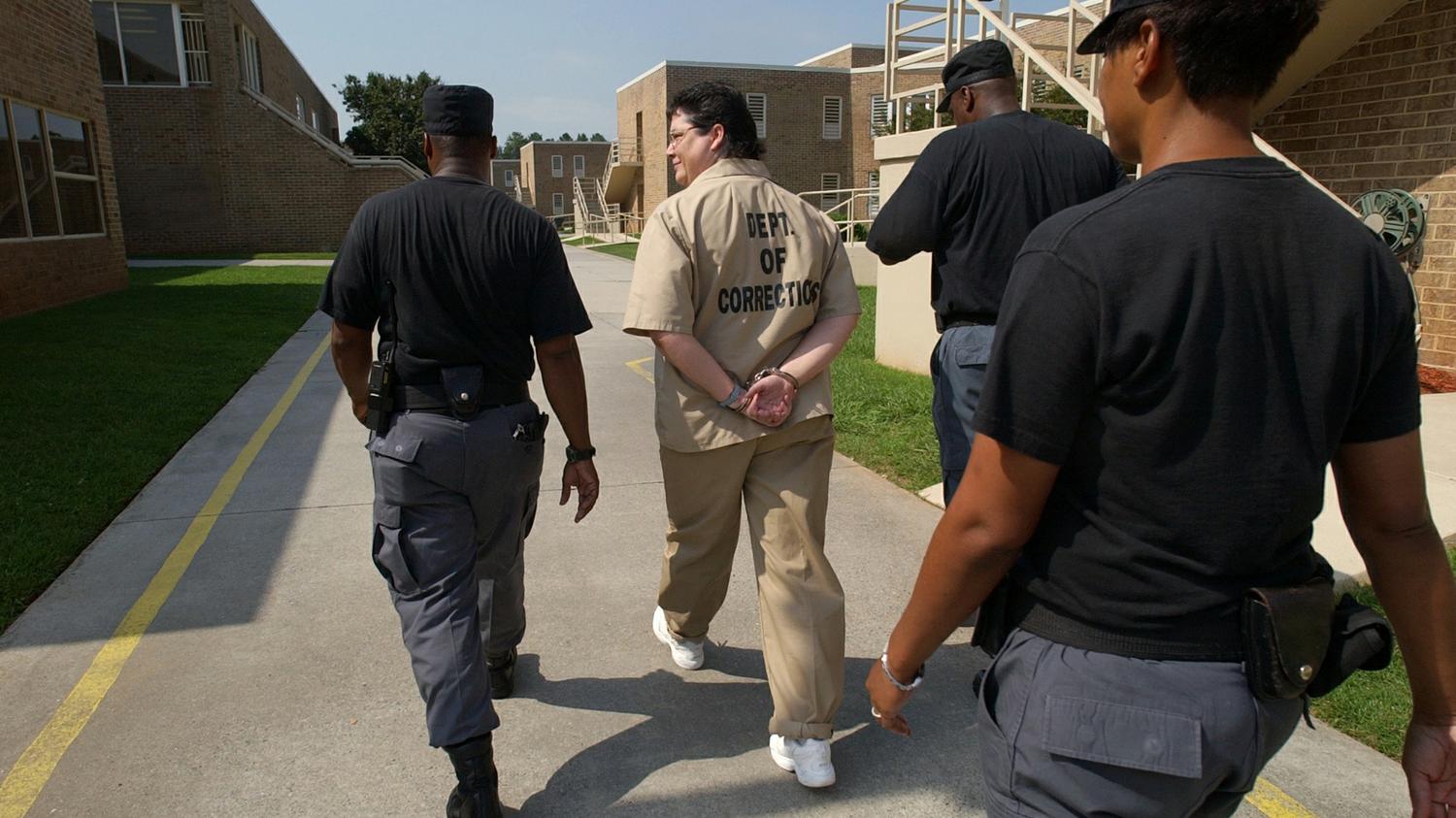By Rosalind Bentley
The Atlanta Journal-Constitution
A humane end, or cruel and unusual?
The narrative around lethal injection drugs in the United States has been complicated since 1977. That’s when Dr. Jay Chapman, an Oklahoma medical examiner, developed a three-drug combination that could be used in place of electrocution to execute prisoners.
Lethal injection was considered by some officials to be “less barbarous” and was first used to kill a prisoner in Texas in 1982. The method was soon adopted by other states, including Georgia, which switched from electrocution to lethal injection in 2001.
Over the past 35 years, the specific drugs have changed, and, in some states, the number of drugs used has been modified from three to two or even one drug.
Yet, how the drugs work is an enduring point of contention. The intent of lethal injection is to end a prisoner’s life without pain. In the video below, we show you how the drugs are supposed to work in both three-drug and one-drug protocols. Later, we’ll show:
· What can go wrong during the process of lethal injection.
· The last AJC interview with Kelly Gissendaner, who is to be the first woman executed in Georgia in 70 years.
· Video of the actual drug that was rejected – hours before Gissendaner’s scheduled execution – because it was “cloudy.”
· Video of AJC staff writer Rhonda Cook, who has witnessed more than a dozen executions, including one of the last electrocutions performed in Georgia.
· Excerpts from the AJC’s groundbreaking 2007 examination of how the death penalty is applied in Georgia.
Witnessing an execution
AJC reporter Rhonda Cook has witnessed more than a dozen executions. In these videos, she describes how the methods have changed and what it's like to be in attendance.
MORE VIDEOS WITH RHONDA COOK
On being a monitor:
Should doctors participate in executions?
The role of medical professionals in executions has always been a minefield. Whether they observe on behalf of the state, insert the IVs for lethal injection drugs, or make the pronouncement of death, the role of doctors, nurses, emergency medical technicians and paramedics has been viewed by many as ethically problematic: How can someone who is supposed to preserve life actively work to end it?
Medical boards and associations have condemned the practice, with one threatening to revoke the certification of any doctor who assists in an execution. Though Georgia's execution procedures and identities of assisting personnel are now shielded by law, years before the statute was enacted a handful of doctors in the state assisted with lethal injections. Some helped to insert intravenous catheters that delivered the drugs. Some verified that the inmate was dead after receiving a toxic dose. They were typically paid between $850 to a few thousand dollars per execution.
Physicians who assisted in executions became the targets of lawsuits brought by other doctors who were death penalty opponents. The opponents wanted to see their colleagues medical licenses revoke. Ten years ago one such lawsuit against a Georgia doctor failed, but it highlighted the questionable role of health care practitioners in ending the lives of prisoners.
Here are statements from some of the professional organizations that have either prohibited or warned their members against involvement in executions.

"Anesthesiologists, like all physicians and all citizens, have different personal opinions about capital punishment. … Physicians should not be expected to act in ways that violate the ethics of medical practice, even if these acts are legal. Anesthesiologists are healers, not executioners."

"A physician, as a member of a profession dedicated to preserving life when there is hope of doing so, should not be a participant in a legally authorized execution." The statement goes on to list all the ways a person could be considered a participant.

"The act of participating in capital punishment clearly inflicts harm; nurses are ethically bound to abstain from any activities in carrying out the death penalty process. Nurses must not participate in capital punishment, whether by chemical, electrical, or mechanical means."

"EMTs and paramedics should refrain from participation in capital punishment and not take part in assessment, supervision or monitoring of the procedure or the prisoner; procuring, prescribing or preparing medications or solutions; inserting the intravenous catheter; injecting the lethal solution; and/or attending or witnessing the execution as an EMT or paramedic. The fact that capital punishment is currently supported in many segments of society does not override the obligation of EMTs and paramedics to uphold the ethical mandates of the profession."

"While the pharmacy profession recognizes an individual practitioner's right to determine whether to dispense a medication based upon his or her personal, ethical and religious beliefs, IACP discourages its members from participating in the preparation, dispensing, or distribution of compounded medications for use in legally authorized executions."






Please confirm the information below before signing in.